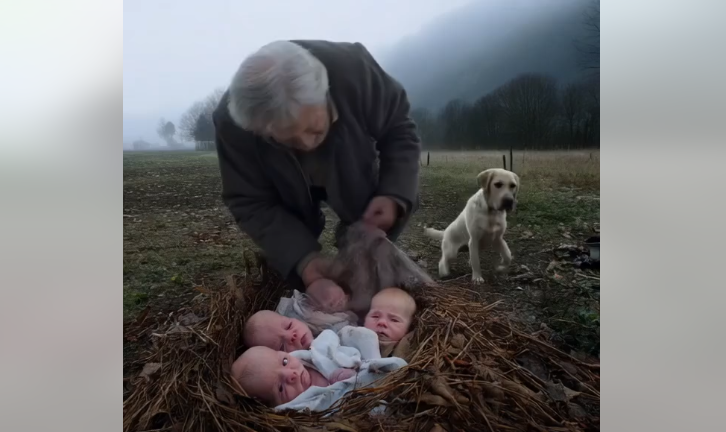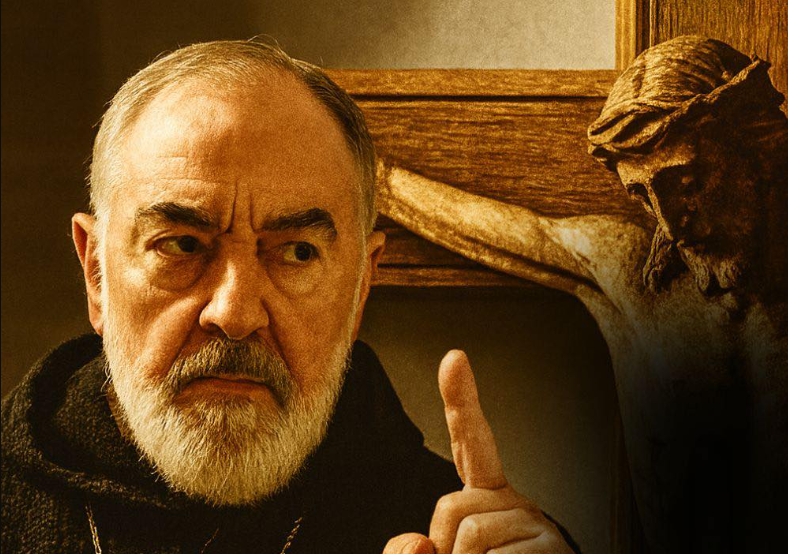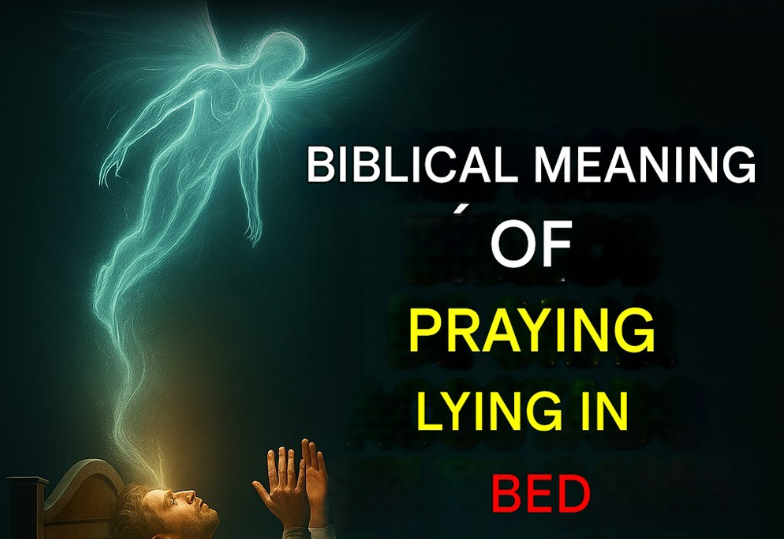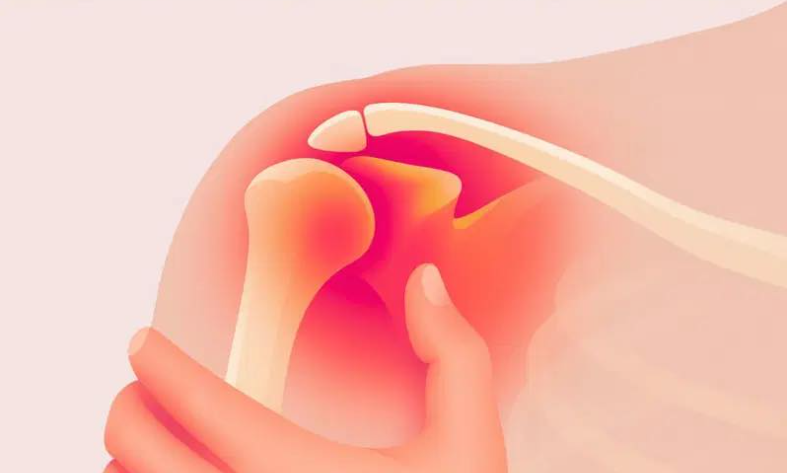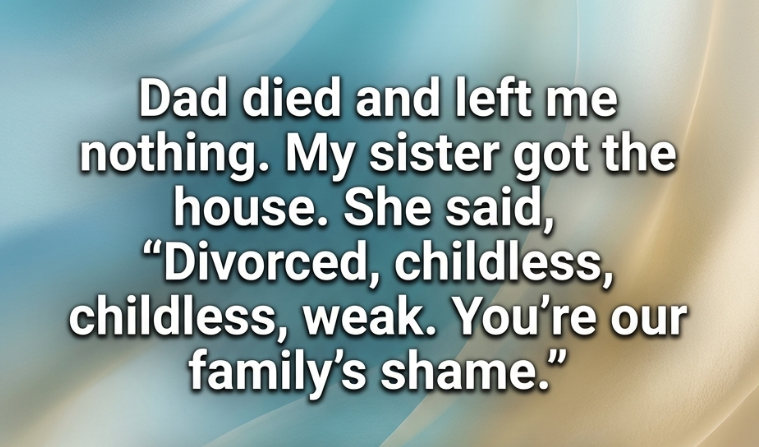When you’re a farmer, no two days are ever quite the same. Some follow the usual rhythm of chores and routines, while others bring surprises you never saw coming.
John Peterson, a seventy-year-old farmer who had spent his life tending to his land, knew this better than anyone. That morning, with the sun just beginning to rise over the hills and a light mist still hugging the ground, John was out early with his loyal dog Bella. She usually stayed close and calm, but today she darted ahead, barking at something near a grove on the edge of the property.
— What is it, Bella? — John asked, following her through the thinning fog. As he reached the grove, he heard a faint, fragile sound—crying.
His heart tightened as he pushed past the brush and saw them—three tiny babies wrapped in worn-out blankets, lying on a bed of dry leaves. Two girls and a boy, cold and trembling but alive.
— Oh, dear God… — John whispered, kneeling beside them. He checked each one, relieved to find they were still breathing, though clearly exhausted and chilled. He looked around, hoping to see someone—anyone—who might explain what had happened. But there was nothing but silence and fog.
Then he noticed something strange. Each baby wore a small silver chain with a charm—one a sun, one a moon, one a star. He couldn’t make out the details in the dim light, but the charms seemed meaningful, like a quiet message from whoever had left them.
John had raised animals, planted crops, even rescued stray dogs over the years—but nothing like this. Still, he knew what he had to do.
With Bella trotting at his side, he wrapped the babies in his old wool coat and hurried home. Inside, he started the stove and gently placed the infants in a basket lined with blankets. He warmed up condensed milk and fed them with a spoon, one by one.
Later, he called Marta, a retired nurse and his longtime friend from the village.
— Marta, I need help. I found three babies on my land.
She was shocked, but didn’t waste a second.
— I’m on my way, John. Stay put.
As he waited, John paced the room while Bella kept watch over the sleeping children. He couldn’t stop thinking about who might’ve left them. His homestead wasn’t exactly on a main road—it was secluded, far from town. Whoever abandoned them had chosen this place on purpose.
When Marta arrived, she quickly checked each child. Weak, but stable. They needed a hospital soon, but thanks to John, they’d made it through the cold morning.
Then Marta found something—a crumpled piece of paper tucked into one of the blankets. On it was a single heartbreaking line:
“Please love them enough for me.”
John couldn’t hold back tears. Whoever left these babies hadn’t done so out of malice, but out of desperation… and love.
Over the next few days, word spread around the village. Sheriff Harvey Jenkins visited but found no leads—no missing persons matched, and the charms had only a small “L” engraved on the back.
John gave the babies temporary names—Hope, Grace, and Ray—and converted his late wife’s sewing room into a nursery. The neighbors, hearing what happened, brought supplies and offered help. Bella rarely left the babies’ side, curling up beside their cradles like a silent guardian.
Then came another letter, delivered by the mailman. It said:
“They are all that remains of our broken family. Do not look for me. Take care of them.”
John’s heart broke again, but it also confirmed what he suspected—this wasn’t abandonment, it was sacrifice.
Social services eventually got involved, and several families offered to adopt the babies. But it was John’s friend and neighbor Adriana who stepped forward. She had lost a child years before, and she offered to foster all three—on one condition: that John remain part of their lives.
And so, they did it together. The children stayed in the village, growing up with John as their honorary grandfather. The silver charms around their necks became symbols of a love that had saved them—and John—from loneliness.
In saving the children, John found purpose again. And in doing so, he reminded everyone that even in the darkest times, the smallest act of compassion can light the way forward.
